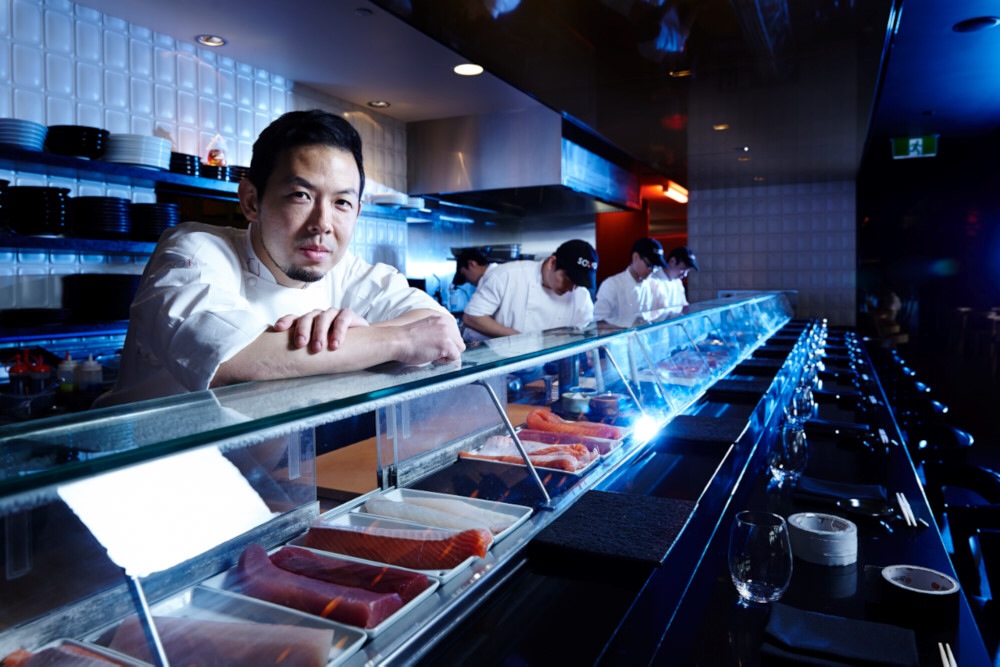
First up, you’re going to need a building team, some electricians…. just kidding. What I mean by building a Japanese kitchen is more along the lines of some pantry staples to get your Washoku journey at home started. Starting from the bottom with authentic Japanese produce will be what gives your home cooked meals that extra burst of flavour and the feeling of being in Japan.
First up (for real this time), all Japanese dishes come accompanied with rice, so you’re going to need Japanese medium grain rice. Koshihikari is a popular rice in Japan, and surprisingly you can buy it from Woolworths here in Australia. It comes in beautiful Japanese packaging too! If you can’t find it, grab yourself a pack of “sushi rice”.
Photo: rice goes with everything! Add Japanese curry and some karaage for a full meal – this one available from Dera Uma
Seasoning is important for balancing the flavours of any meal. In Japanese, the phrase sa shi su se so is not only the alphabetical list of s- kana, but also stands for a number of different seasonings used in Japanese cooking;
Sa – is for satou, which is sugar
Shi – stands for shio, salt
Su – the word for vinegar
Se – before it was called shouyu, the word for soy sauce was seuyu
So – the last syllable of miso
Not only are these in alphabetical order, but they are also written in the order you would add them to a dish. When looking for these ingredients, make sure you buy high quality soy sauce (Kikkoman is an authentic Japanese brand! And their sukiyaki sauce is delicious on everything), mirin rice wine vinegar, and miso paste.
Dashi stock is a staple used for most dishes in Japan, but kombu (dried seaweed) is a main ingredient that is hard to come by in Australia due to importation restrictions. However, most Japanese grocers will have ready made authentic dashi stock, similar to buying regular chicken or vegetable stock.
Photo: sake is a staple that you can do more than just cook with
Stock up on IPPIN sake, if you’ve been to our events you would have had a taste and know that it’s one of the smoothest and most delicious sake available.
For fresh ingredients that you’ll need to buy regularly, some basics are ginger, spring onions, and daikon white radish. The rest of your pantry can be made up of different types of noodles, dried mushrooms, bonito flakes, mayonnaise, tempura batter, wasabi, seaweed, and tofu. These are all available ingredients in Australia that you shouldn’t have too much finding, for cheap. Mix and match these ingredients with fresh vegetables and meats to make the best washoku dish you’ve ever had!